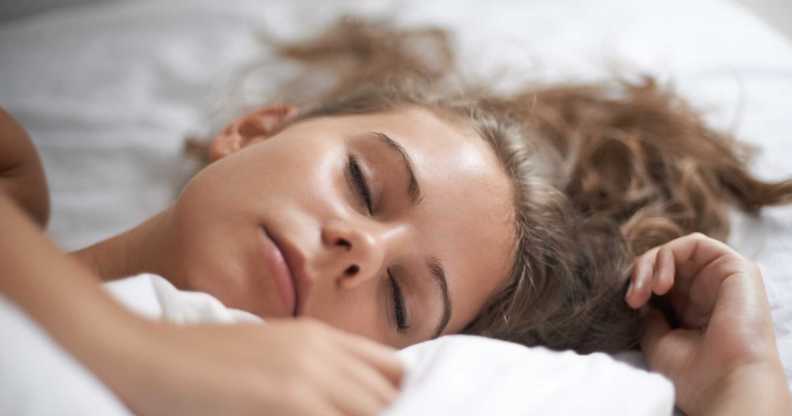Gay and tired: Queer youth twice as likely to have sleep problems, study finds

Gay youth are more likely to suffer sleep problems, research has found (Pexels)
Gay, lesbian and bisexual young people are more likely to suffer sleep problems than their heterosexual peers, new research has revealed.
Published in the journal LGBT Health, the study showed that LGB youngsters have more trouble staying, or falling, asleep.
The team behind the research used data from 8,563 10 to 14 year olds, the sample of which was lifted from the 2018 to 2020 Adolescent Brain Cognitive Development (ABCD) Study.
The ABCD study is the largest long-term study of brain development and child health in the US and included questions for both children and parents about their sleep habits.
The researchers found that 35.1 per cent of those who are LGB reported having sleeping difficulties in the previous two weeks.
This is compared with 13.5 per cent of heterosexual people in the same age group.
Alongside this, the research revealed that of those who identified as questioning their sexuality, 30.8 per cent reported issues with falling or staying asleep.
Sleep is vital for teens’ development
Speaking NBC News, research lead author, Jason M. Nagata, explained some of the results by saying that LGB youngsters can face bullying and discrimination as well as issues at home, all of which could have an impact on sleep in ways straight young people do not experience.
“This is such a volatile period, both physically and mentally,” he said. “Teens are particularly vulnerable to the opinions of their peers, so it’s a high-risk group for mental-health problems and suicide.”
Dr. Matthew Hirschtritt, who did not work on the study itself but noted the results, also told NBC News: “It’s likely that one feeds off the other: poor sleep worsening mental-health issues and mental-health issues worsening sleep.”
Nagata, who is an assistant professor of pediatrics at the University of California, San Francisco, said sleep is “incredibly important” for a teenager’s health and development.
Setting out how youngsters can improve their sleeping pattern, he recommended putting a set schedule in place and limiting screen time before going to bed.

